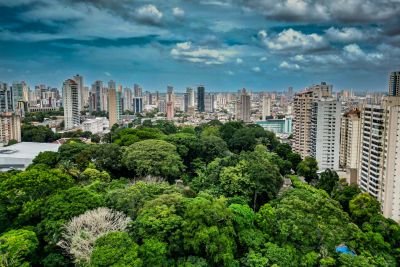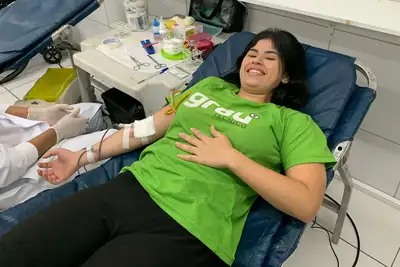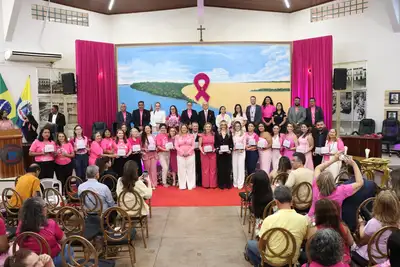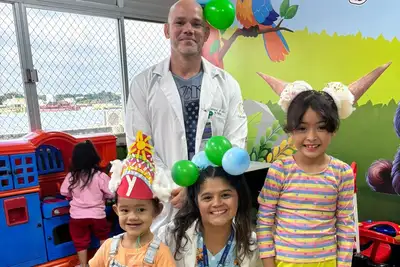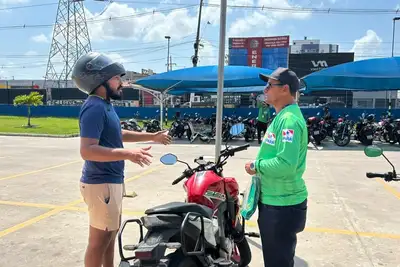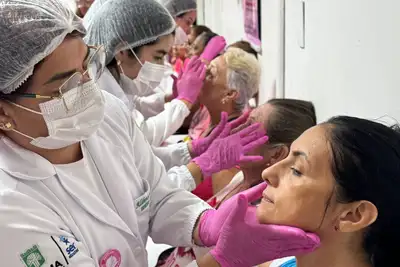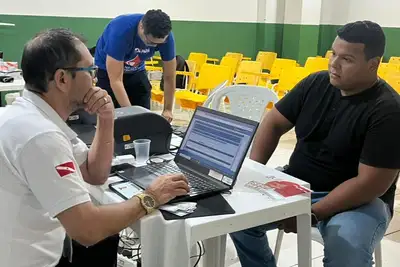State invests in the protection of the main lemon and orange production hubs
Ordinance No. 3,450/2025, from Adepará, establishes measures to prevent the introduction of diseases in the citrus orchards of the Pará territory, mainly greening.
The Official State Gazette (DOE) published on this Monday (23) an ordinance from the Agricultural Defense Agency of the State of Pará (Adepará) with essential measures to protect the orchards in the Pará territory. The aim is to prevent the entry of greening (a serious disease affecting citrus cultivation) into the Pará territory, and also to protect two areas of the State that are free from citrus canker: the citrus hubs of the northeast and west regions.
In Brazil, greening is present in the states of São Paulo, Minas Gerais, Paraná, Mato Grosso do Sul, and Santa Catarina. In South America, it is also present in Argentina and, more recently, in Uruguay.
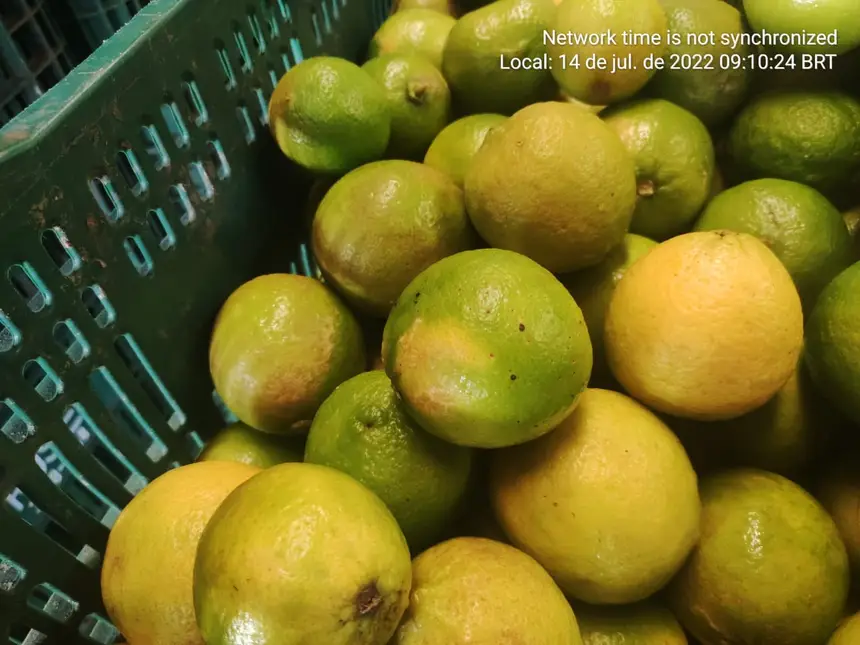
To prevent the introduction of pests in Pará, the Ordinance establishes a series of obligations that must be followed by producers, nurserymen, and others involved in the citrus chain. The measures are fundamental to keep the State free from greening, ensuring the maintenance of areas free from citrus canker.
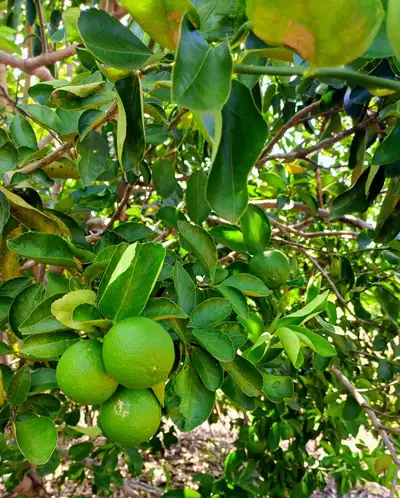
Restrictions - Among the main actions is the prohibition of the entry of myrtle into the state territory. Myrtle, which is already restricted in other states, is considered a host plant for greening, a disease transmitted by the insect known as psyllid (Diaphorina citri), which can cause significant damage to the production of oranges, lemons, and tangerines.
“Greening, also called HLB (Huanglongbing), is the worst disease affecting citrus plants in the world. It is very difficult to control and, even though it is already present in other regions of Brazil, it has not yet reached Pará, and we want it to stay that way. To keep our State free from this pest, as well as to maintain our areas free from citrus canker, it is essential that everyone follows the rules of the Ordinance. Prevention is the best way to protect our citrus cultivation,” explains Maria Alice Thomaz, the manager of Quarantine Pests at the Defense Agency.
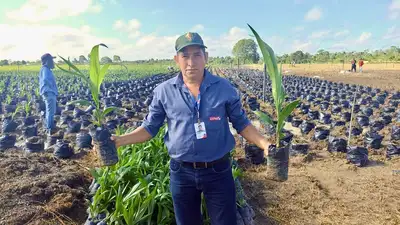
In the Pará municipalities that make up the Areas Free of Citrus Canker, the entry of seeds, seedlings, or any other propagation material of citrus is prohibited. The exception is in vitro genetic material, within official standards.
The provision also establishes the obligation for the registration and annual update of citrus plantations from March 1 to May 31. Rural producers and all those involved in citrus production must register and update annually in the Agricultural Management System (Sigeagro).
Documents required for registration:
- Proof of payment of the fee corresponding to the agricultural activity on the property, according to Law No. 7,392/2010, of 04/07/2010, and its regulation;
- Identity document (front and back);
- CPF (for individuals) or CNPJ (for legal entities);
- Updated proof of address;
- Proof of use, possession, or ownership of the land, and
- Rural Environmental Registry (CAR).
Authorization - Another determination of the Ordinance is the requirement of authorization for the entry of citrus propagation material, with a prior request of 60 days to the Seed and Seedlings Management. The entry of in vitro propagative material of the genus Citrus must be requested 30 days in advance, so that Adepará can analyze and authorize the entry.
“This material, which is produced in the laboratory, comes completely free of pests. It is the only type of seedling that can be introduced into the citrus hubs, with the aim of improving the genetics of the plants and the productive performance. Research companies are always creating new and better materials, and the citrus hubs cannot be left out of these innovations. Therefore, we will allow the entry of this laboratory-produced material, as long as it complies with all legal norms. It must come with the required documentation by law, compliance terms, and invoices, packaged and transported securely. This means it must come in screened or fully enclosed vehicles, to ensure that no disease-transmitting insect, such as the psyllid, comes into contact with the seedlings,” explains Cleber Sampaio, agricultural inspector and manager of Seeds and Seedlings at Adepará.
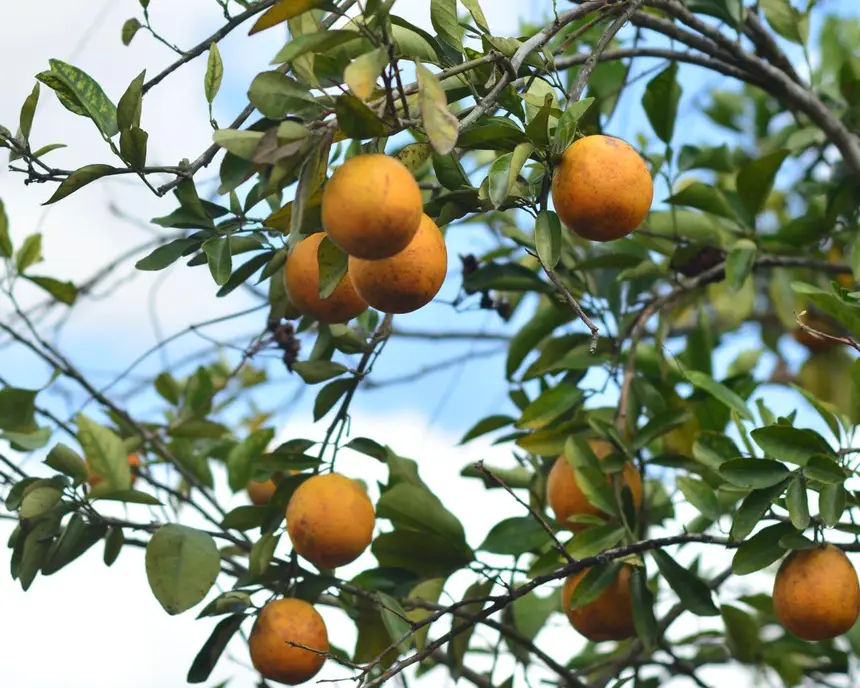
According to him, the regulation of the transit of seeds and seedlings protects Pará from pests that can cause economic losses to citrus fruit-producing regions. “The measure also aims to ensure that the origin of the seedlings can be traced. It is another way to combat the informal trade of seedlings, which is today one of the main ways to spread pests in citrus orchards, as well as in other crops,” reiterates Cleber Sampaio.


